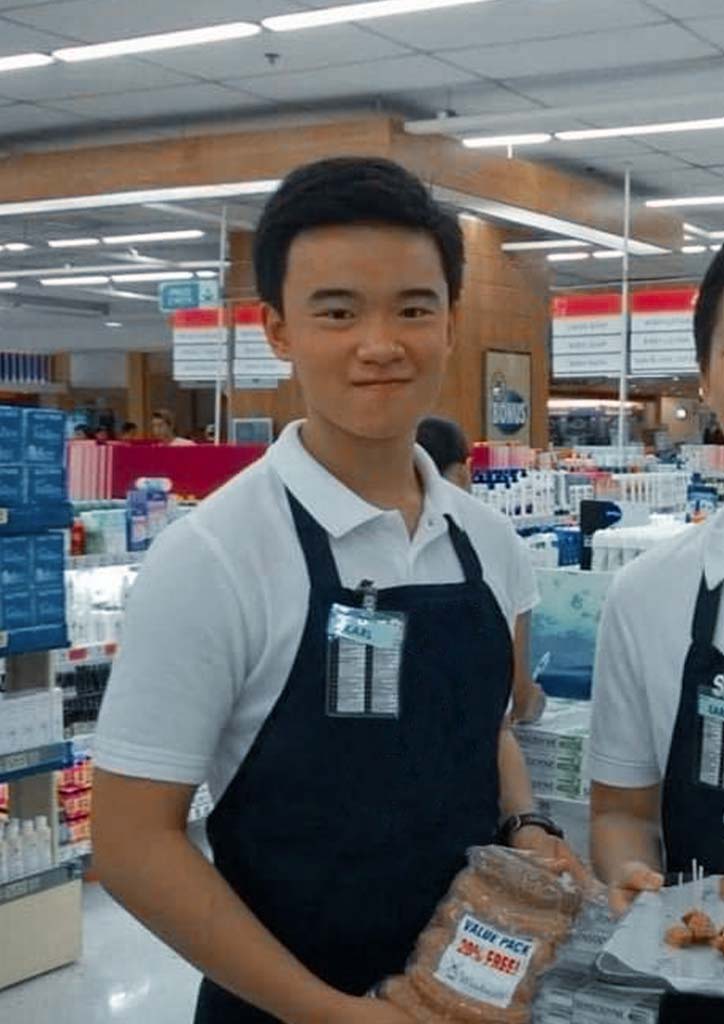Trending
Do Community Immersions Really Work? A Former Student From One Of Manila’s Most Exclusive Schools Weighs In
While well-meaning school initiatives may offer firsthand immersions to privilege and socioeconomic realities, this student urges revisiting the framework to go beyond spectatorship and into authentic advocacy
Growing up entitled is never on any parent’s dream for their children. Not only does it set a negative precedent for the unforgiving experiences of adulthood, but it also locks the next generation into unknowingly passing on an ignorant perspective of our socioeconomic reality.
And while parenting offers avenues of teaching kids the importance of empathy, education plays a vital role in shaping the learning experience.
For Karl Zachary Corro, a former student at one of Manila’s most exclusive schools, further reflection has helped him realize that while a previous immersion offered an eye-opening view of working-class experiences, the messaging felt more self-serving than mutually beneficial. Instead of setting value-changing mindsets that also promised to serve those trapped in these realities, it felt purposed to instill fear of failure as if mocking the suffering of those deemed unfortunate.
Differences between working in a supermarket in the Philippines and in Germany I’ve been working at ALDI, a…
Nai-post ni Karl Zachary Corro noong Huwebes, Hulyo 1, 2021
His post has already received around 30,000 reactions, more than 1,700 comments, and roughly 15,000 shares. With a dual perspective, his story has resonated with the digital community, for its significance, relevance, and timeliness.
A tale of two countries

Through five key points, Karl tells of his experiences working in a supermarket chain. One in the Philippines (during a school outreach program) and one in Germany (where he is currently based and studying). It is respectful to understand that his views are well-meaning. And the intent is to provide insight into what has transpired from these experiences.
The striking differences detailed in the post not only reflect how the underprivileged have remained captive to cruel capitalist practices, but it also displays how they are maltreated, unfairly compensated, and made to feel untrustworthy and insufficient by their employers. And on top of that, it seems as if their humble lives are presented as “bad” examples to the participants of these immersion programs. It is demeaning and insensitive.
Points to ponder
Karl ends his post by earnestly inviting his readers to question the boundaries of poverty porn. He states, “If anything, we should be teaching kids to uphold the dignity of these workers by not doing these things.” How, then, do we do this? How can we adapt to a more sensitive, more more value-changing philanthropic mission when institutions create these educational programs? How do we ingrain these sensibilities in our entire school curriculum and in our home conversations?
Parents and educators work hand in hand in the growth and development phase of children. And while empathy is taught by example, firsthand immersions are equally vital in molding minds. A round table discussion on how these immersions are formulated should be initiated for all those involved: for parents who want to teach the right values to their children, educators who know how to cultivate and implement the needed programs, and students who are exposed to these realities and are capable of creating necessary changes.
Does this story about school immersions resonate with you? Here are more articles we think you’ll like:
Finding The Silver Lining
This Commercial About Breastfeeding Is Going Viral For All The Right Reasons
This Powerful ‘Reverse Selfie’ Ad Shows How Social Media Hurts Our Teens’ Self-Esteem





